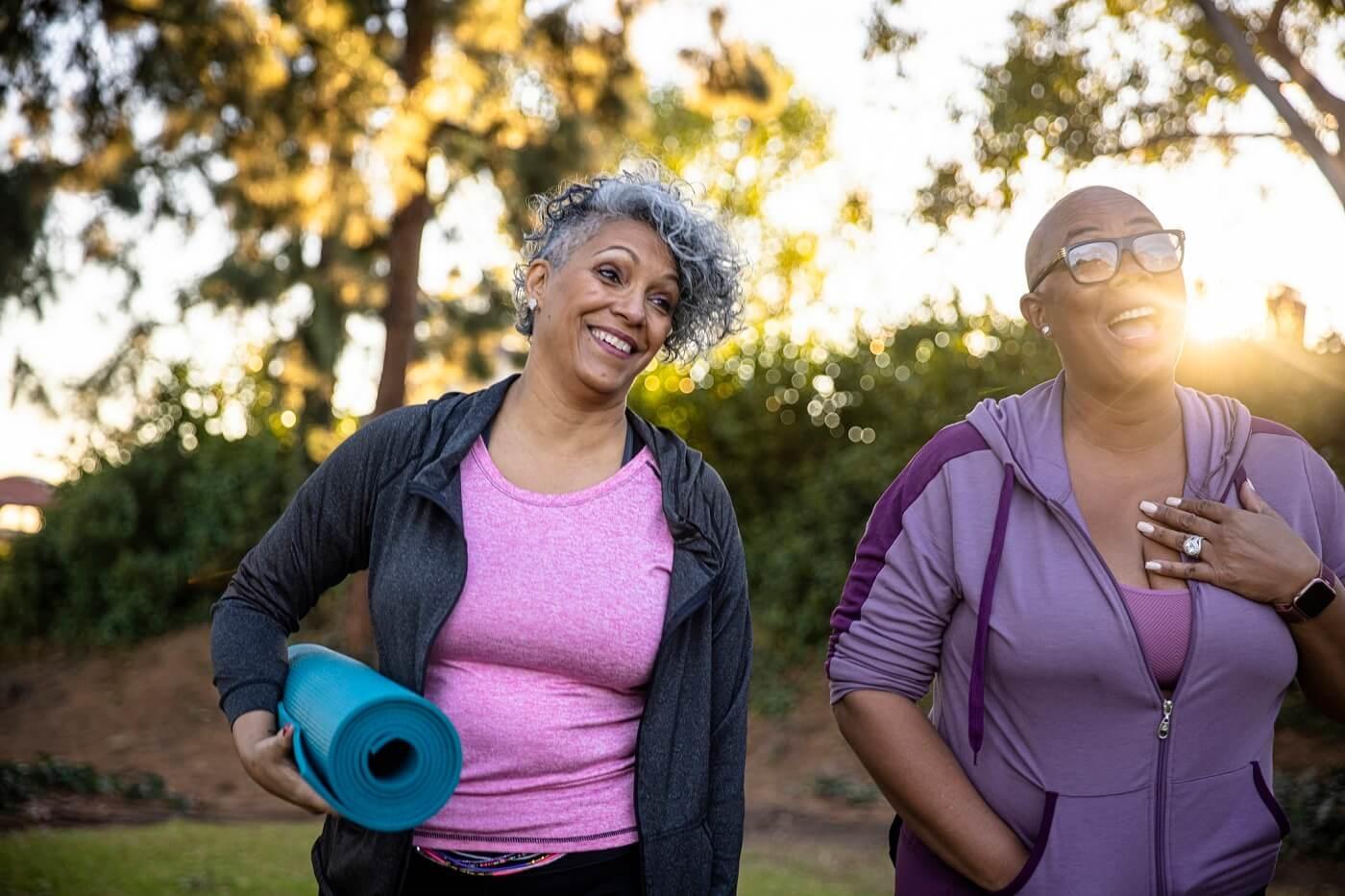Did you know that 37.3 million Americans have diabetes? According to the Harvard T. H. Chan School of Public Heath, “If type 2 diabetes were an infectious disease, passed from one person to another, public health officials would say we’re in the midst of an epidemic.” Fortunately, with a few simple lifestyle habits, you can stay on top of this disease, avoid other potential health problems and improve your overall well-being.

What is diabetes?
Diabetes is a chronic disease that occurs when you don’t produce enough insulin (type 1 diabetes) or can’t use it well enough (type 2 diabetes) to transport blood glucose to your cells for the energy they need to function correctly. The result is too much blood sugar in your bloodstream.
While only 5 to 10 percent of people with diabetes have type 1, the majority have type 2. Gestational diabetes may also occur in pregnant women due to hormones that prevent the body from properly using insulin. Although it usually goes away after giving birth, it increases the risk for type 2 diabetes in the future.
Keeping your diabetes in check
If you have diabetes, it’s important to stay on top of your condition by keeping your blood sugar levels normal:
- Regularly check your blood glucose levels. Your physician will recommend how often. If you’re ill, starting a new exercise program or beginning a new medication, make sure to monitor your levels even more closely.
- Coordinate medications with your meals. Eating too little with your medications may dangerously lower your blood sugar; eating too much may cause it to spike.
- Plan your meals carefully. Watch portion sizes, count carbs and eat plenty of fruits, veggies, high-fiber foods and lean proteins. Avoid processed foods and sugar-sweetened drinks.
- Keep a regular exercise schedule. Consult with your physician about the best time of day to exercise, so your routine coordinates with your meals and medications.
- Store insulin correctly. To ensure insulin’s effectiveness, keep it away from extremes in temperature, and don’t use it past the expiration date. If you’re planning to travel, make sure you stock up on all your meds in advance of your trip.
- Limit alcohol. Alcohol can lower your blood sugar for up to 24 hours. Drink only moderately or not at all.
- Reduce stress. Prolonged stress can elevate your blood sugar. Try yoga, meditation or other relaxation techniques.
Preventing diabetes
96 million American adults have prediabetes (higher than normal blood sugar levels, but not high enough to be considered type 2 diabetes); yet more than 80% don’t even know it! Fortunately, prediabetes and diabetes are both highly preventable — 9 in 10 cases can actually be avoided with the right lifestyle habits:
- Maintain a healthy weight. Excess weight is the #1 cause for diabetes. If you’re overweight, even losing 7 to 10% of your body weight can cut your chances of getting type 2 diabetes in half.
- Eat right. Choose whole grains (like nuts and beans) over refined grains, healthy fats over saturated fats and lean proteins over processed meats. Swap sugary beverages for water, tea or coffee.
- Stay active. Workouts don’t have to be brutal. Just taking a brisk walk for 30 minutes a day is enough to reduce your risk for diabetes.
- Don’t smoke. Smokers are 50% more likely to develop diabetes than nonsmokers. It can also lead to more serious conditions.
Time to get healthy
Now is the perfect time to get outside, be active and focus on your health. Talk to your doctor today about how you can take control of diabetes.
